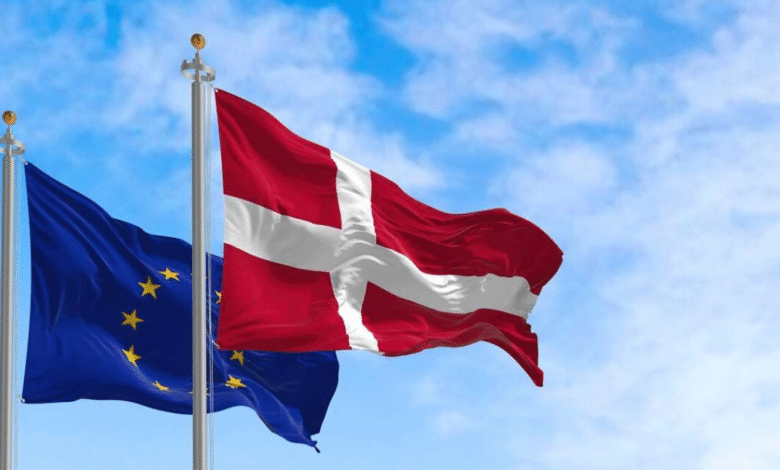Denmark insists on suspending Hungary’s voting rights in the EU Council

Denmark called on the European Union to use all available legal mechanisms against Hungary for violating the basic principles of the bloc, including the application of Article 7 of the EU Treaty. This statement was made by the Minister of European Affairs of Denmark Marie Bjerre, informsPolitician.
Starting from July 1, Denmark heads the Council of the European Union. One of the main priorities of its presidency is the support of Ukraine — political, military, economic and civil. Marie Bjerre expressed sharp criticism of Hungary for blocking the start of the negotiation process regarding Ukraine’s accession to the EU. She stated that Denmark is ready to consider all political and practical solutions for our movement forward.
The minister also announced her intention to apply Article 7’s deprivation of Hungary’s right to vote in the Council of the EU in connection with “violation of fundamental values”. At the same time, she called on the EU to consider limiting access to European funds for states that violate Union legislation.
In May, European Commissioner Olivia Kos announced that Ukraine and Moldova will jointly open the First Negotiation Cluster on EU accession. Currently, all countries support the start of negotiations with Moldova, and only Hungary blocks the start of negotiations with Ukraine. The European Commission does not rule out the possibility of dividing the applications and starting negotiations with Moldova separately from Ukraine. However, Denmark opposes such a scenario.
“Our goal is still to open the first cluster together with Moldova and Ukraine”, – emphasized Bierre.
Article 7 of the Treaty on European Union is a legal instrument for responding to violations of EU fundamental values by member states. It is about the principles of democracy, rule of law, human rights, freedom and equality. Within this article, the Council of the EU has the right to suspend certain powers of a member state, including the right to vote in the Council, but such a decision requires the unanimity of other member states.





